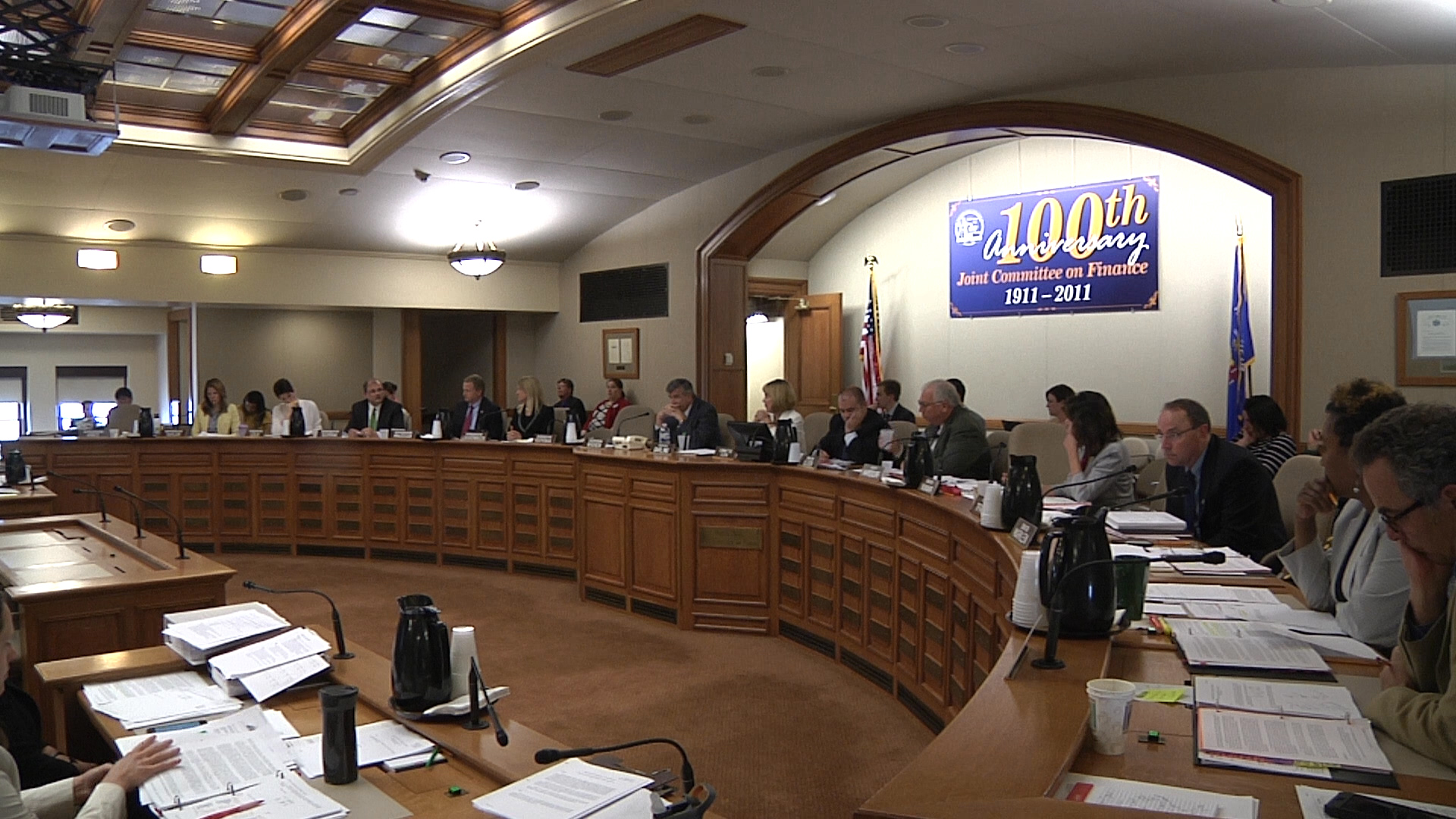
Omnibus Motion Also Expands School Choice and Approves MPS Reform Plan
MacIver News Service | May 20, 2015
[Madison, Wisc…] The legislature’s Joint Committee on Finance (JFC) debated portions of the state budget well into Wednesday morning, and its main focus was on a 29-page omnibus education package that passed on a 12-4 vote along party lines.JFC Republicans introduced the package to deal with the entire K-12 education agenda in one fell swoop. It includes funding for public schools, an expansion of school choice and a reform plan for Milwaukee’s failing public schools.
The full motion is available by clicking here, but the MacIver Institute summarized most of the major items below. As passed, the omnibus bill:
- Increases per pupil aid by $196 million over the biennium. This would fill the $127 million “hole” in the first year of the budget, however the payment would not be made until July of 2016 (after the new fiscal year has began). It also calls for another $69 million in the second year. The additional funding restores the $150 per pupil aid in the first year and increases it to $250 in the second year.
- Sustains Gov. Walker’s plan to increase general school aids by $108 million in the second year.
- Sustains the $211 million property tax credit that will reduce the average property owner’s bill by $8 in the first year and $3 in the second year. However, the payment of the credit from the state would be delayed – meaning the credit for the December 2016 tax bills would not be paid until the following fiscal year. This accounting change would save $105 million on paper over the budget cycle.
- Expands both Racine and the statewide school choice program with an enrollment cap of one percent per district until total enrollment is 10 percent higher than it is now. After that, the enrollment cap would be removed. The plan would closely mirror the open enrollment program where the choice schools would receive payment from the student’s home district.
- Includes numerous provisions for special education including a plan that provides $5 million for high cost special education aids. It also creates a statewide special education scholarship program in 2016.
- Creates the Opportunity Schools and Partnership Program (OSPP) for Milwaukee Public Schools in which the Milwaukee County Executive appoints a commissioner to run a type of recovery program for failing schools. The commissioner would select one to three schools in the first few years and up to five schools starting in 2017 to be handed over to the OSPP program. The program would select an operator to run the selected schools and attempt to improve outcomes. Existing staff at these schools would have to reapply for employment and the commissioner would have discretion over employment at the schools.
- Deletes the governor’s proposal to create a Charter School Oversight Board (CSOB) that would have the power to approve independent “2r” charter school authorizers that could establish charter schools statewide. However, the omnibus adopts the governor’s plan to allow high performing independent charter school to open one or more additional charter schools.
- Transitions school accountability reports from the governor’s plan to implement an A-F grading system to a one to five star system. It will not require school districts to mail school options to parents as previously proposed.
Joint Finance still has multiple items left to vote on before the legislature as a whole takes up the amended two-year plan. The committee is expected to vote on portions of the budget for the Department of Health Services (including Medical Assistance), the Department of Safety and Professional Services and the Wisconsin Economic Development Corporation on Thursday.
That leaves the Department of Transportation and University of Wisconsin System budget to next week.
Continue to check MacIverInstitute.com for updates on the state budget as they come available, and don’t forget to like us on Facebook and follow us on Twitter for instant analysis of the policy proposals.